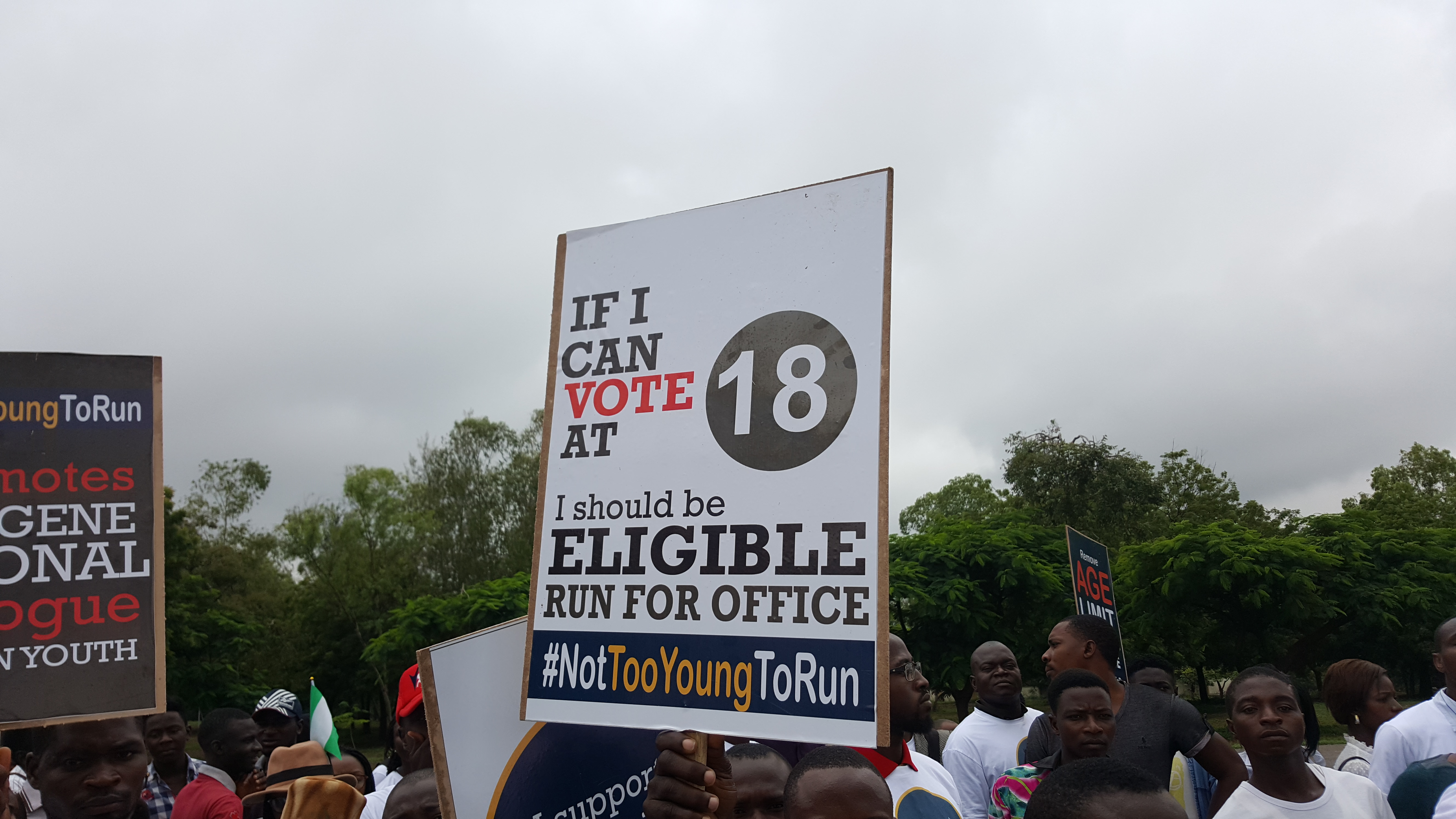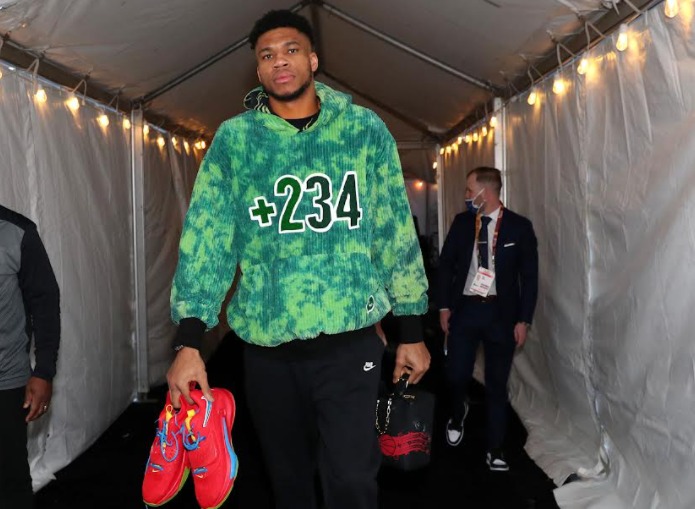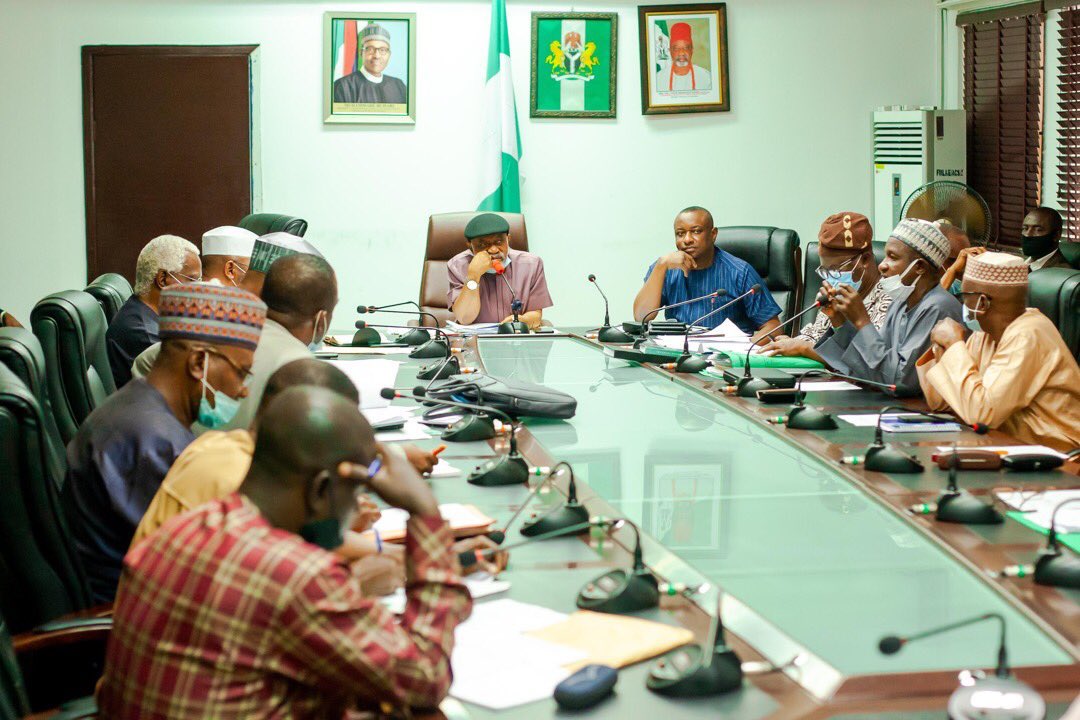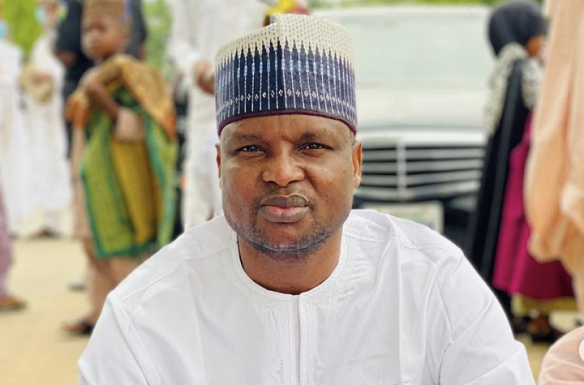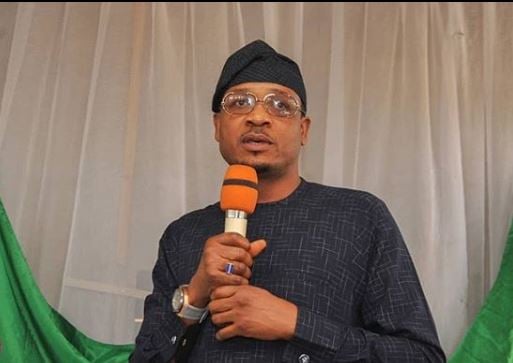BY EZINWANNE ONWUKA
Though Nigeria practices a democratic system of government, the 1999 constitution disrupted an important characteristic of democracy by placing an age barrier by disqualifying persons below the ages of 40 and 30 from throwing their hats into the ring and vying for president, and membership of house of representatives and assembly, respectively.
This mainly accounts for the reason since Nigeria’s return to democracy in 1999, known faces have resurfaced in successive elections, especially at the federal level, portraying a system that is under siege by the actions, inaction and reactions of the ageing political drivers of this country in policymaking and implementation, which has, indubitably, led to the marginalisation and limited political participation of the youth.
However, on May 31, 2018, an historic event took place in Nigeria. The event was the signing of the Not Too Young To Run bill into law by President Muhammadu Buhari.
Advertisement
The legislation brought down the age qualification for president from 40 to 30; from 30 to 25 for house of representatives and states’ house of assembly. It, however, did not change the age qualification for governorship and senate — both were retained at 35 years.
Prior to the signing of the bill into law, elections in Nigeria have been defined by the exclusion of the majority (youths) who have remained vulnerable to the “take who you see” or the “highest bidder” syndrome. Thus, when Mr President assented to the bill, there was jubilation from all corners by the youths who felt the time had come for them to take over the reins of political power.
While the legislation is a welcome development, we have failed to ask ourselves an important question, particularly as 2023 gets closer and the political atmosphere in Nigeria is being heated up as the race for Nigeria’s presidential election has started in earnest.
Advertisement
Given the continued rape of democracy by the mighty old ruling class whose interests in politics is to acquire power, wealth and notorious fame at the expense of the very ordinary poor masses, do young people get to run and actually get elected?
Though it might sound pessimistic, the fact is, being given the opportunity to participate does not guarantee success or real participation. For example, despite the era of civil rights ending formal segregation for African-Americans, segregation based on price of access still remained. Applying this scenario to winning election and getting into political office in Nigeria by the youths, therefore, is likely to produce the same result.
Today, everybody is tired of the old ruling class but the ‘old order’ is not ready and willing to leave the stage for the younger generation. Instead, they are coming out en masse to declare their ‘age-long dream’ of succeeding the present crop of leaders come 2023, despite the nationwide clamour for a younger leader.
This is because they understand that politics, in Nigeria, is one of the surest means to power, wealth and fame. Hence, the reason they have been in the saddle for years, enjoying the splendour and aura of power and will do anything possible not to reliquish power, thereby preventing a powershift to the younger generation.
Advertisement
The thorny point is that Nigerian youths do not need a sense of entitlement legislation to be allowed to ‘run’ for elections in their own country. The Not Too Young To Run law is only a facade that masks away the sour issues at the heart of retrogressive politics in Nigeria. This include fundermental issues like money politics, godfatherism, election malpractices, and corruption; as well as the dysfunctional structures of the nation’s democratic amalgam and the loopsided economic disparity between the mighty old ruling class and the deliberately pauperised youths by the same political elite.
To reiterate, the law is a welcome development. However, it remains a pyrrhic victory for the youths until the political space is made fair and open enough to build and support young people, helping them to run and actually get elected.
Ezinwanne Onwuka writes from Abuja and can be reached via [email protected]
Advertisement
Add a comment
